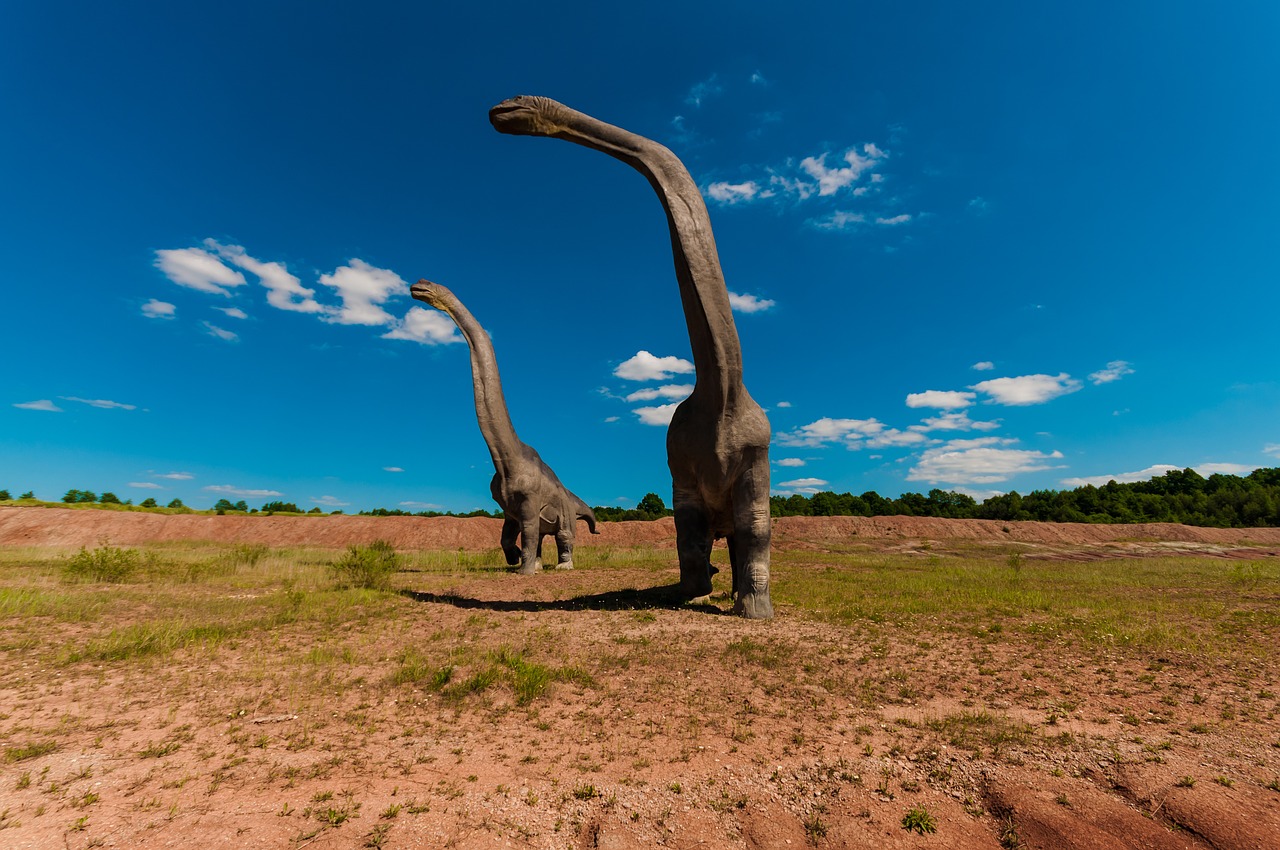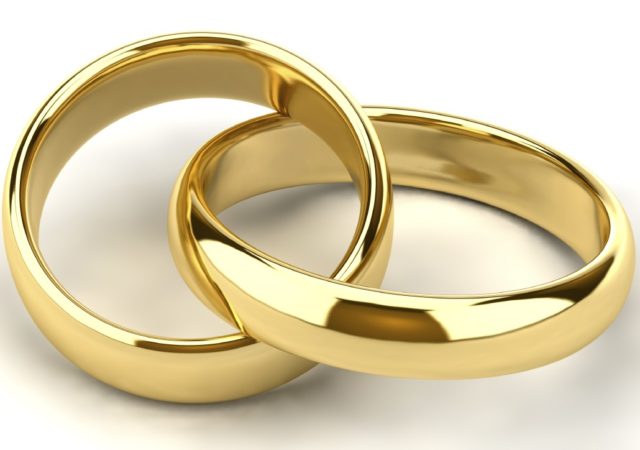As much of a lkegendary investor as Warren Buffett, Berkshire Hathaway’s Charlie Munger can teach us a lot about markets.
Behavioral Economics
The intersection of psychology and economics, behavioral economics looks at human tendencies that involve biology and culture when predicting and explaining economic decision-making.
When Prices Should Please Us
While the trajectory of consumer price changes should make us happy, instead we’ve responded with concern.
How Much Money Do We Need To Be Happy?
During the past 50 years, economists have had different answers when asked about the connection between money and happiness.
How a Behavioral Economist Explains Our Thanksgiving Meal
Through a Thanksgiving Top Ten List, we can use behavioral economics to explain what we eat and how much we eat during the holiday.
Are Checks Like Dinosaurs?
Moving away from cash and checks, for many of us, our money transactions have changed during the past 25 years.
What Makes Us Happy?
Including topics that focus on money, gender, and geography, a recent paper reports what makes us more and less happy.










